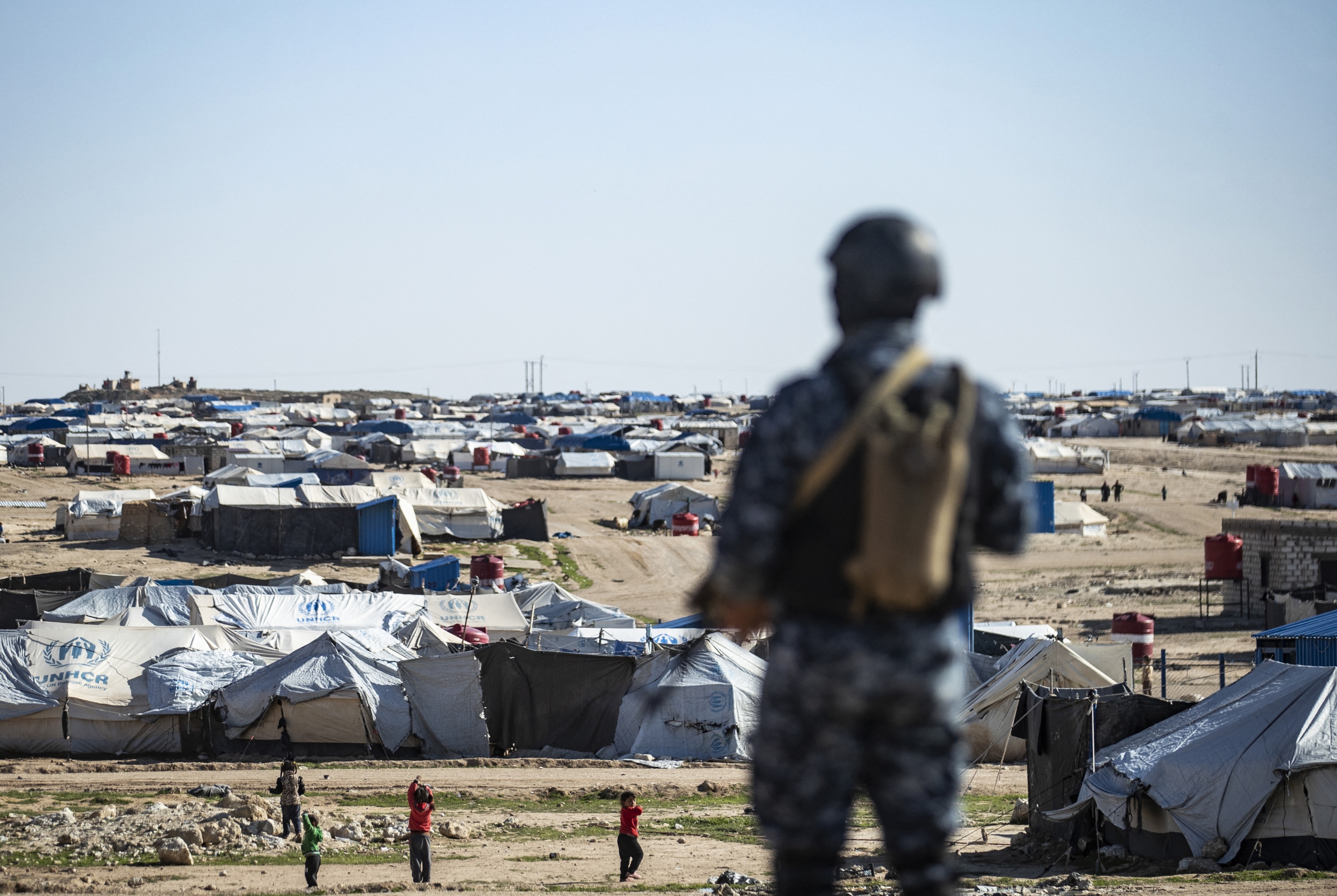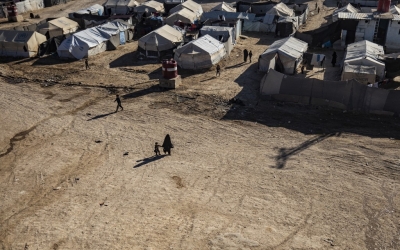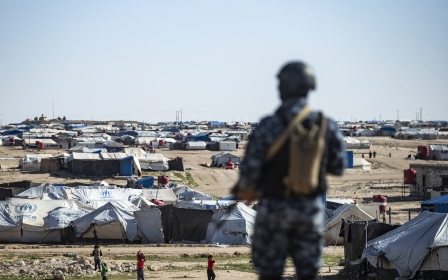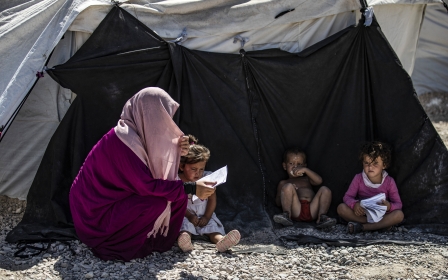First French national dies in Syrian detention camp due to health complications

The French government has come under criticism for inaction after a 28-year-old French woman it refused to repatriate died in a Syrian camp that holds suspected members of Islamic State (IS).
Marie Dose, the woman's lawyer, said she had lodged numerous appeals to the government to repatriate her client so that she could be brought back to France to undergo medical treatments after suffering from severe diabetes and becoming reliant on insulin.
The woman, left behind a six-year-old daughter, was one of 80 French women who had allegedly joined IS in 2014 and was later taken to detention camps in northeastern Syria, as the militant group was defeated by US-backed Syrian Kurdish forces.
According to her lawyer, the woman has become the first French national to have died in the detention camps.
In an interview with Middle East Eye, Dose said that she had been sending letters to the government since 2019 explaining her client would die in the camps if not brought back.
Dose said that even when she told the government the woman had died and passed on the family's contact details, they still did not reach out to her family.
While the six-year-old daughter is currently being looked after by the other French women in the camp, Dose told MEE: "I say to myself: what are we going to tell [the child] when she turns 15? How are we going to explain to her that for three years, France let her mother die there? What will be the history of France be for this child?"
While Dose told journalists that she was getting ready to file another complaint against the French government to demand the return of children in detention camps, the death of the 28-year-old has shone a light back on those countries that have not taken their nationals out of these camps.
According to researchers at the Royal United Services Institute, the detention camps hold tens of thousands of people, including children, from 60 countries.
Belgium, Denmark, Finland, Germany, and Sweden have all repatriated dozens of their citizens in recent months, following pressure from human rights groups over conditions in the camps.
A report by Save the Children found that, on average, two children die every week at the camps due to "the scale of the violence, hardship, deprivation, and trauma".
But France, much like the UK, has not heeded calls to bring back its citizens. Currently, 80 French women and 200 children reside in the camps.
So far, France has only taken back 35 children and no adults - all on a case-by-case basis. Paris has argued that adult women should be tried in Syria and Iraq. However, this has proved to be impossible, as their crimes are unclear and the Kurdish administration, which is holding them, is not internationally recognised.
Middle East Eye delivers independent and unrivalled coverage and analysis of the Middle East, North Africa and beyond. To learn more about republishing this content and the associated fees, please fill out this form. More about MEE can be found here.





